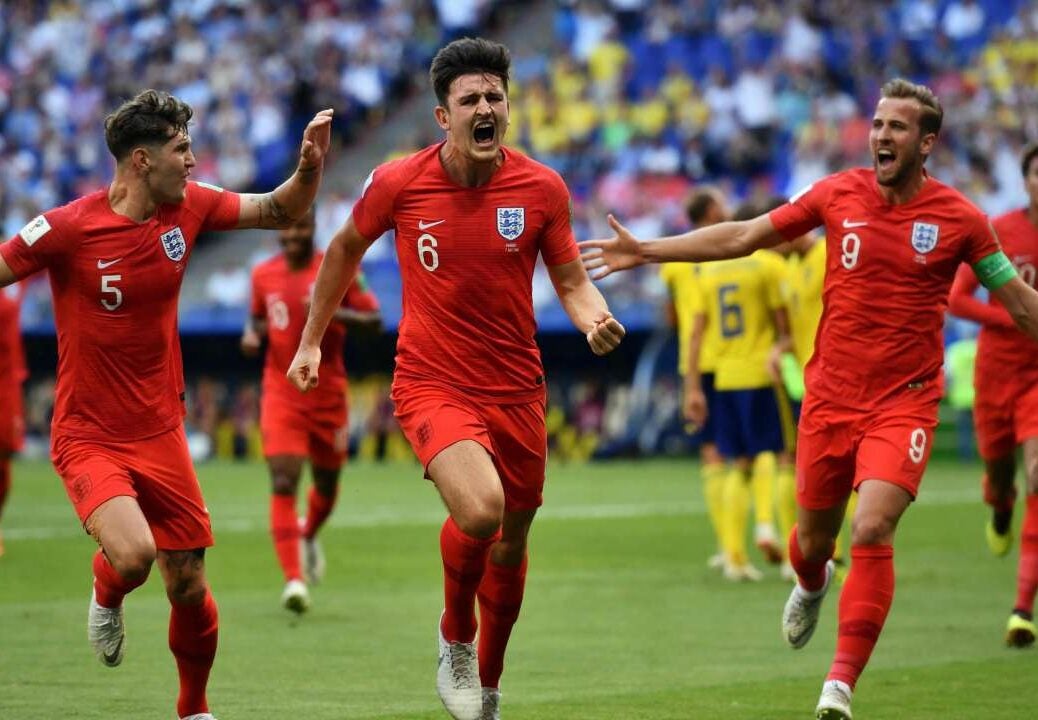
The World Cup in Russia is a far cry from previous tournaments but reflects the world we live in, writes Jason Cowley
One afternoon in the spring of 2006 I was sitting at my desk at the Observer in London when my editor, Roger Alton, shouted across to me: ‘Jase, fancy going to the World Cup?’ He was referring to the upcoming football tournament in Germany. I was a magazine editor and not on the sports desk, but it was an offer too good to refuse. The sports editor accepted my late arrival on his World Cup team with grace and patience, and off I went to spend six weeks in Germany not as a match reporter but as a wandering feature writer.
It turned out to be a glorious assignment, perhaps the best of my career. I was the sole occupant of a three-bedroom apartment in a block opposite the Hotel Adlon (where blazered FIFA officials spent the tournament) and a short walk from the Brandenburg Gate. Nearby was the magnificent Hauptbahnhof, from where each morning I would buy a selection of English and American newspapers and magazines. I had a first-class train pass which enabled me to travel anywhere in Germany, and generous expenses. Better still, I had to write only one piece a week. No live blogging, podcasts or web columns were required. The good old days of Sunday newspapers – and it was not so long ago.
To be in Germany during that warm summer was a wonderful experience because you saw a country and its people changing day by day. At the beginning, there were few public expressions of overt patriotism and you saw scarcely any German flags on the streets: the mood was anxious.
An earlier World Cup had been held in Germany in 1974, when the country was bitterly divided between the democratic West and communist East. Two years earlier, the 1972 Olympic Games in Munich had been scarred by the attack by Black September, a Palestinian terrorist group, on Israeli athletes and officials in which 17 people died. In 1936, Hitler had used the Berlin Olympics as a showcase for fascist propaganda.
These traumas haunt the German imagination, and in 2006 the people were desperate for the World Cup to be an ennobling and enriching experience and, on the whole, it was. It’s hard to believe now, but not much was expected of the home team; coached by Jurgen Klinsmann, Germany were in transition, and there was surprise and delight when they reached the semi-finals, only to lose 2-0 to Italy in an epic match in Dortmund, which I attended.
But that defeat mattered much less than the changed atmosphere in the country: by the end of the tournament Flagge Deutschlands were everywhere and hundreds of thousands of people were gathering in public squares to drink beer and watch the games on big screens. This was the new Germany: a country rediscovering a progressive civic patriotism, open and welcoming to outsiders. This was the Germany, in an entirely different geopolitical context, that in 2015 opened its borders, at the height of worst refugee crisis since the Second World War, to more than a million refugees from the Middle East and Africa.
Angela Merkel’s decision to open the borders was, in retrospective, reckless. It emboldened populists across Europe (the far-right Alternative for Deutschland is now the official opposition in the Bundestag) and perhaps contributed to the vote for Brexit in 2016 by fuelling anxieties about immigration. But the decision was in keeping with Merkel’s mission to show just how much her country had changed: ashamed of its past, Germany is committed to a more tolerant future.
Football is now among the supreme instruments of soft power, which is why autocrats such as Vladimir Putin are eager to host the World Cup. For him it’s less about matches than having the whole jamboree take place on Russian soil.
Putin knows that the World Cup – more so than the Olympics or the UEFA Champions League – is the pinnacle of world sport. The final, in Moscow on 15 July, will be watched by a global television audience of a billion or more. The best players – Messi, Ronaldo, Neymar – are among the most famous and admired people on the planet. They are stupendously wealthy, their names adorning replica shirts wherever children gather to kick a ball around, from the bomb-ruined streets of eastern Aleppo to the slums of Nairobi. In the language of marketing, the top European clubs are ‘super-brands’, and oligarchs, despots, and even nation states – Qatar, Abu Dhabi – want to own them.
Russia will not experience the kind of national flourishing that Germany did in 2006. The world has darkened since that heady summer. We have entered a new era of great power rivalry; authoritarians are on the march, and the international liberal order is fragmenting. Against this backdrop, it seems somehow appropriate that cold-eyed Mr Putin is our host for the 2018 World Cup.

Jason Cowley is editor of the New Statesman
This article first appeared in the July/August 2018 edition of Spear’s. Find a copy at WH Smith travel stores and select news agents, or subscribe here: https://www.spearswms.com/subscribe/
Related
Why owning a football club is the best fun you can have
How football can save post-Brexit Britain
Man United hold top spot in £7bn football money league






